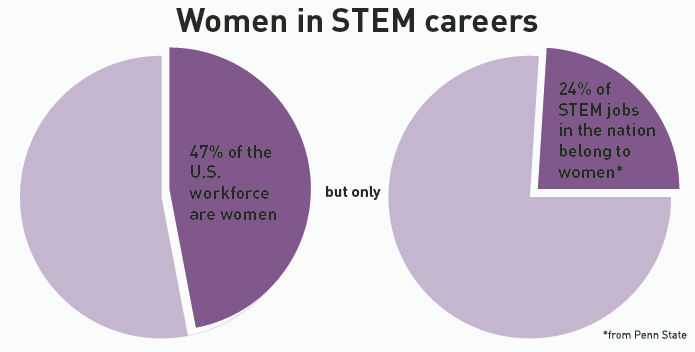- App Content
- App Content / News
- News
- News / Politics And Administration
- News / Politics And Administration / State
- News / State
Branstad signs abortion bill into law
May 6, 2017
UPDATE: The Iowa Supreme Court issued an emergency order against enforcing the law. The state’s highest court granted a temporary injunction Friday at the request of Planned Parenthood of the Heartland. The injunction blocks a provision of the law that mandates a three-day waiting period between two appointments before having an abortion. The state has until Monday to respond. The court then will decide whether to enforce the injunction throughout Planned Parenthood’s appeal.
This is an emergency stop gap to protect the status quo of the parties. The state will have an opportunity to reply on Monday, sometime shortly after which the Court will determine whether to keep the short-term injunction in place throughout PPHeartland’s appeal.
Senate File 471, an act relating to limitations on and prerequisites for an abortion, providing for licensee discipline, providing civil penalties, and including effective date provisions, was signed into law May 5.
Included in the law: prohibiting abortion after twenty weeks; requiring physicians to report all abortions along with the post-fertalization age of the unborn child and the basis of a medical emergency for a pregnant woman past twenty weeks, and outlining civil actions and penalties against physicians who do not comply.
“It is the intent of the general assembly to enact policies that protect all unborn life. However, this Act shall not be interpreted to create or recognize a right to an abortion or to prohibit abortion prior to an unborn child reaching a post-fertilization age of twenty weeks,” according to law documents.
The law prohibits abortion at twenty weeks post-fertilization. The law defines abortion as the termination of a human pregnancy with the intent other than to produce a live birth or to remove a dead fetus.
In the event a physician determines the post-fertilization age to be twenty weeks or more, an abortion is lawful if:
- The pregnant woman has a condition which the physician deems a medical emergency OR
- The abortion is necessary to preserve the life of an unborn child.
However, the law requires the physician terminate the human pregnancy in the manner which provides the best opportunity for an unborn child to survive, unless that would pose a greater risk for the death of the pregnant woman or of the substantial and irreversible physical impairment of a major bodily function.
The law lists prerequisites that do not apply in the case of abortion performed to save the life of a pregnant woman, abortions performed in a medical emergency, or the performance of a medical procedure by a physician that in the physician’s reasonable medical judgment is designed to or intended to prevent the death or to preserve the life of the pregnant woman, according to law documents.
Prerequisites include certification at least 72 hours before an abortion from a pregnant woman that says:
- the woman has undergone an ultrasound that displays the approximate age of the unborn child
- The woman was given the opportunity to see and be told a description of the unborn child
Under the law the woman must also be provided materials from the department of public health. These materials would include
- information on continuing to term and retaining parental rights or placing the child for adoption and on terminating the pregnancy
- The indicators, contra-indicators, and risk factors including any physical, psychological, or situational factors related to the abortion in light of the woman’s medical history and medical condition.
The penalties physicians face include, but are not limited to:
- A woman upon whom an abortion has been performed or attempted in violation may maintain an action against the physician for actual damages.
-
A cause of action to prevent a physician who has intentionally violated the law from performing abortions may be maintained by the woman upon whom the abortion was performed or attempted, by a parent or guardian of the woman if the woman is less than eighteen years of age at the time the abortion was performed or attempted, by a current or former licensed health care provider of the woman, by a county attorney with appropriate jurisdiction, or by the attorney general.
Law documents define the term “unborn child” as an individual organism of the species homo sapiens from fertilization to live birth. We use it here for consistency.















